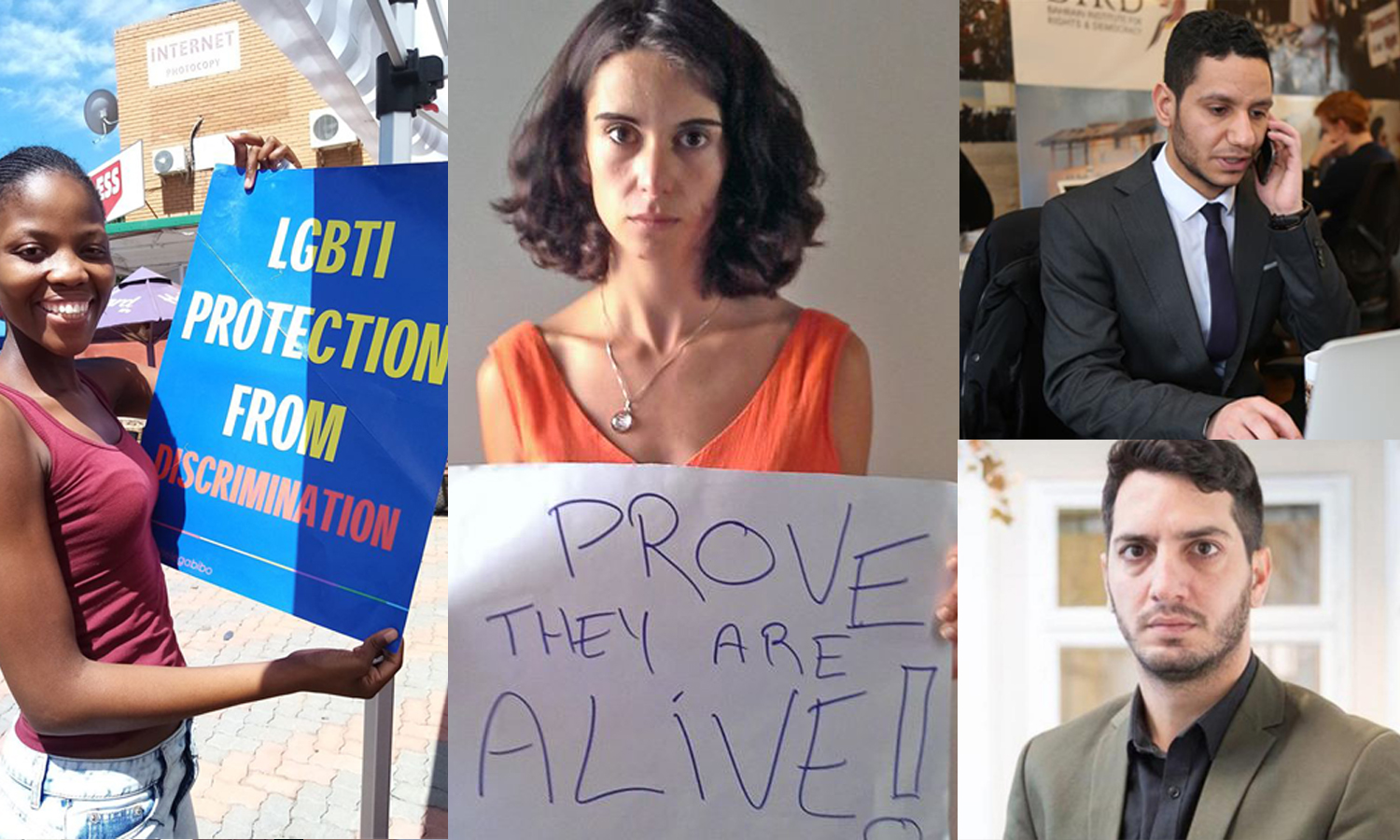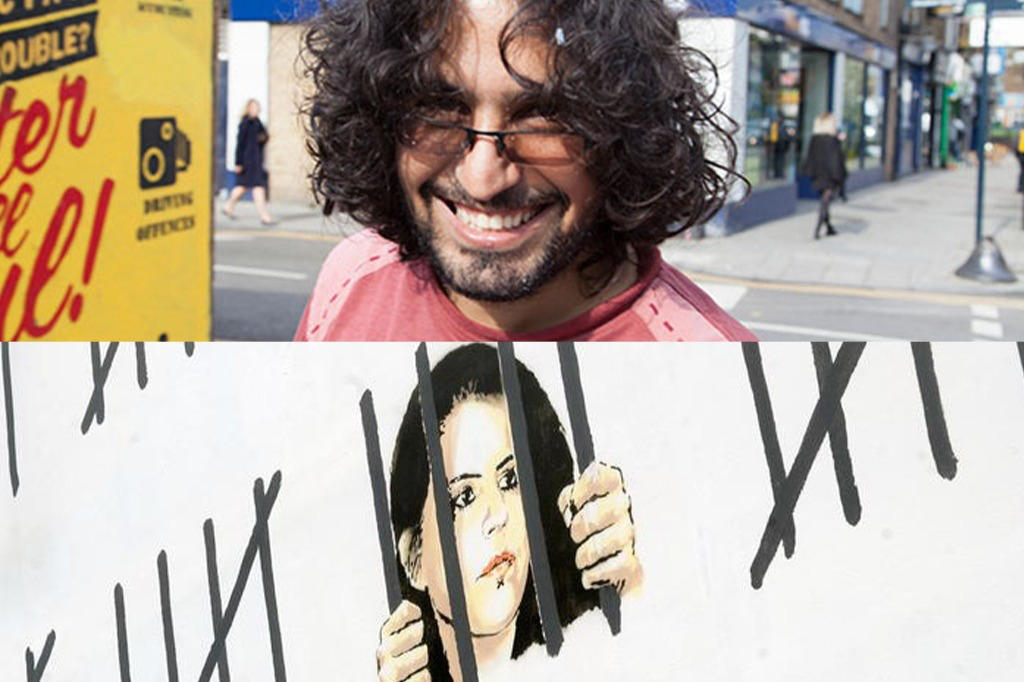INDEX MAGAZINE
Index magazine: The Multipolar Challenge to Free Expression
Coming up in the next issue of Index on Censorship magazine, out Monday, is a special report on the shifting world power balance and the implications for freedom of expression.
(Index on Censorship)
AUSTRALIA
Bid to suppress free speech at WA parliament
Any doubts about the intolerance and political clout of the militant homosexual lobby were dispelled at a book launch held at Western Australia’s Parliament, in Perth, on June 20.
(News Weekly
BAHRAIN
Bahrain journalists body launches contingency fund
The Bahrain Journalists Association (BJA) has launched a fund to offer its Bahraini and non-Bahraini members financial assistance during contingency.
(The Peninsula)
CANADA
Protecting unpopular views is critical to a free society
The choice between upholding the free-speech rights of unpopular minorities or pandering to the popular mob has long daunted those in authority.
(The Province)
A gigantic victory for free speech and how Homer Simpson helped fight homophobia
Thankfully, the days of Canada’s human rights bureaucrats policing free speech are officially over. The Senate passed a bill last week abolishing Section 13 of the Canadian Human Rights Act—a highly contentious provision intended to crack down on hate speech, but which became a misguided means to stifle legitimate expression and even censor media outlets, including Maclean’s. The end of Section 13 is a gigantic victory for free speech in Canada, and the battle against hate speech will continue where it belongs: in court, under the Criminal Code.
(Maclean’s)
EGYPT
Egyptian army shuts down media outlets
Media outlets in Egypt sympathising with the now ousted Islamist president Mohamed Morsi have been shut down. Sara Yasin reports
(Index on Censorship)
Index calls on Egypt’s interim government to halt censorship of media
In the wake of the ousting of former president Mohamed Morsi in Egypt and commitments to initiate a road map to return to democracy, Index on Censorship calls on Egypt’s interim government to stop all censorship introduced as part of the military takeover, immediately reverse the closure of media outlets, release journalists arrested, and to allow a free and open media to operate representing all views in society.
(Index on Censorship)
GHANA
Analyzing Justice Atuguba’s Hardline Stance
The NPP petition challenging the legitimacy of John Mahama’s presidency was expected to be fact based, and seamlessly tried. Rather there have been unexpected diversions such as debates on courtroom outbursts, media misreporting, KPMG count of pink sheets, and now a debate on freedom of expression.
(Ghana Web)
Ghana: We Should All Learn From the Events On Black Tuesday
It was a Black Tuesday for journalism in Ghana, when the nine Law Lords sitting at the Supreme Court in Accra sentenced Mr. Ken Kuranchie, Publisher and Managing Editor of the Searchlight newspaper, to 10 days in prison for contempt of court, two days ago.
(All Africa)
GLOBAL
Climate change deniers using dirty tricks from ‘Tobacco Wars’
Fossil fuel companies have been funding smear campaigns that raise doubts about climate change, writes John Sauven in the latest issue of Index on Censorship magazine.
(e! Science News)
INDIA
Fingerprints may soon be needed to get SIM cards
Noting that even the mandatory physical verification system doesn’t prevent SIM cards to fall into wrong hands, the home ministry has asked the department of telecommunication (DoT) to explore an option of making it compulsory for cellphone service providers to take fingerprints or any other biometric feature of the subscriber, akin to Aadhaar, before activating the mobile numbers.
(The Times of India)
UNITED KINGDOM
Coalition in behind-the-scenes battle over royal charter on press regulation
A behind-the-scenes battle between Conservatives and Liberal Democrats has forced Maria Miller, the culture secretary, to keep open the possibility that the cross-party version of the royal charter on press regulation will be put to the privy council next week.
(The Guardian)
Our libel laws contributed to patient deaths, claims doctor
The UK’s archaic libel laws contributed to the deaths of patients as a company used legal threats to suppress information about problems with its heart product, a leading doctor has said.
(News Letter)
Mobile games attract the attention of the BBFC
Mobile games are becoming a more prominent part of British society and have even become the preferred medium of entertainment for some. As mobile games continue to grow in popularity, they are beginning to attract the attention of influential organizations, namely the British Board of Film Classification (BBFC). The BBFC is a non-governmental agency that is funded by the film industry and responsible for the classification and appropriate censorship of video content both online and off.
(Mobile Commerce Press)
Crime boss exposed by newspaper libel battle
An East End businessman has been exposed as being involved in fraud, prostitution, money laundering and “extreme violence” after he sued a newspaper for reporting on his criminal activities.
(The Times)
UNITED STATES
Prosecution case vs. Bradley Manning threatens First Amendment rights to free speech and press
The prosecution rested its case Tuesday in the court martial of Bradley Manning, the Army private who has admitted to leaking 700,000 documents exposing US military atrocities and other crimes to the WikiLeaks web site in April of 2010.
(World Socialist Web Site)
Loudness and liberty: When free speech is shouted down
So how “free” is free speech, really? By law, under the First Amendment, speech is very free. Government can only stop us from speaking, or punish us for what we’ve said, under very limited circumstances.
(Grand Rapids Herald-Review)
Previous Free Expression in the News posts
July 4 | July 3 | July 2 | July 1 | June 28 | June 27 | June 26 | June 25 | June 24 | June 21





